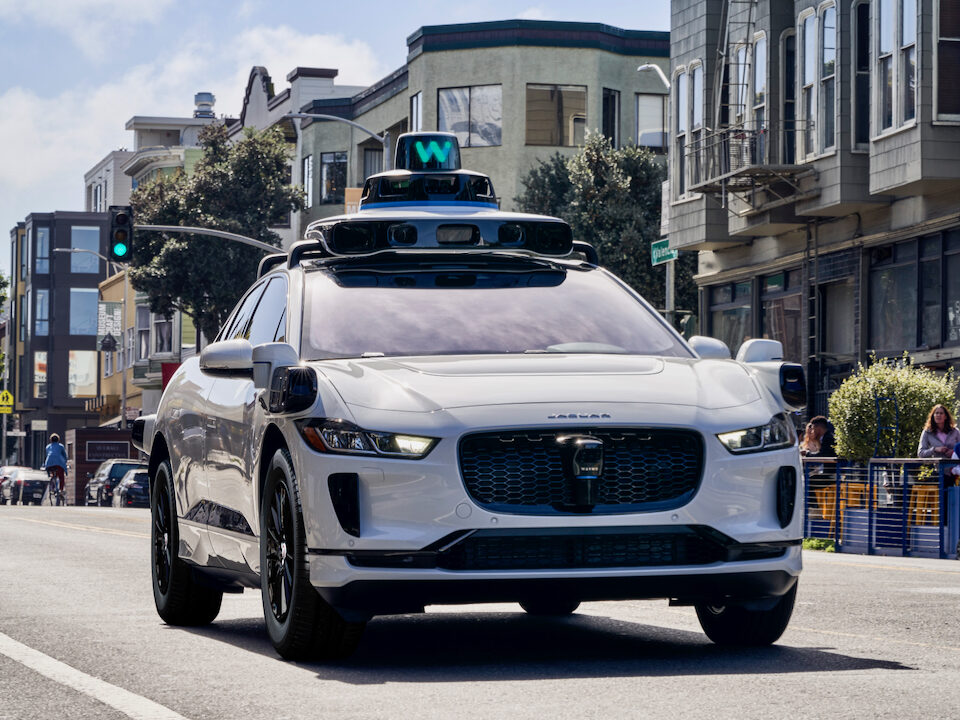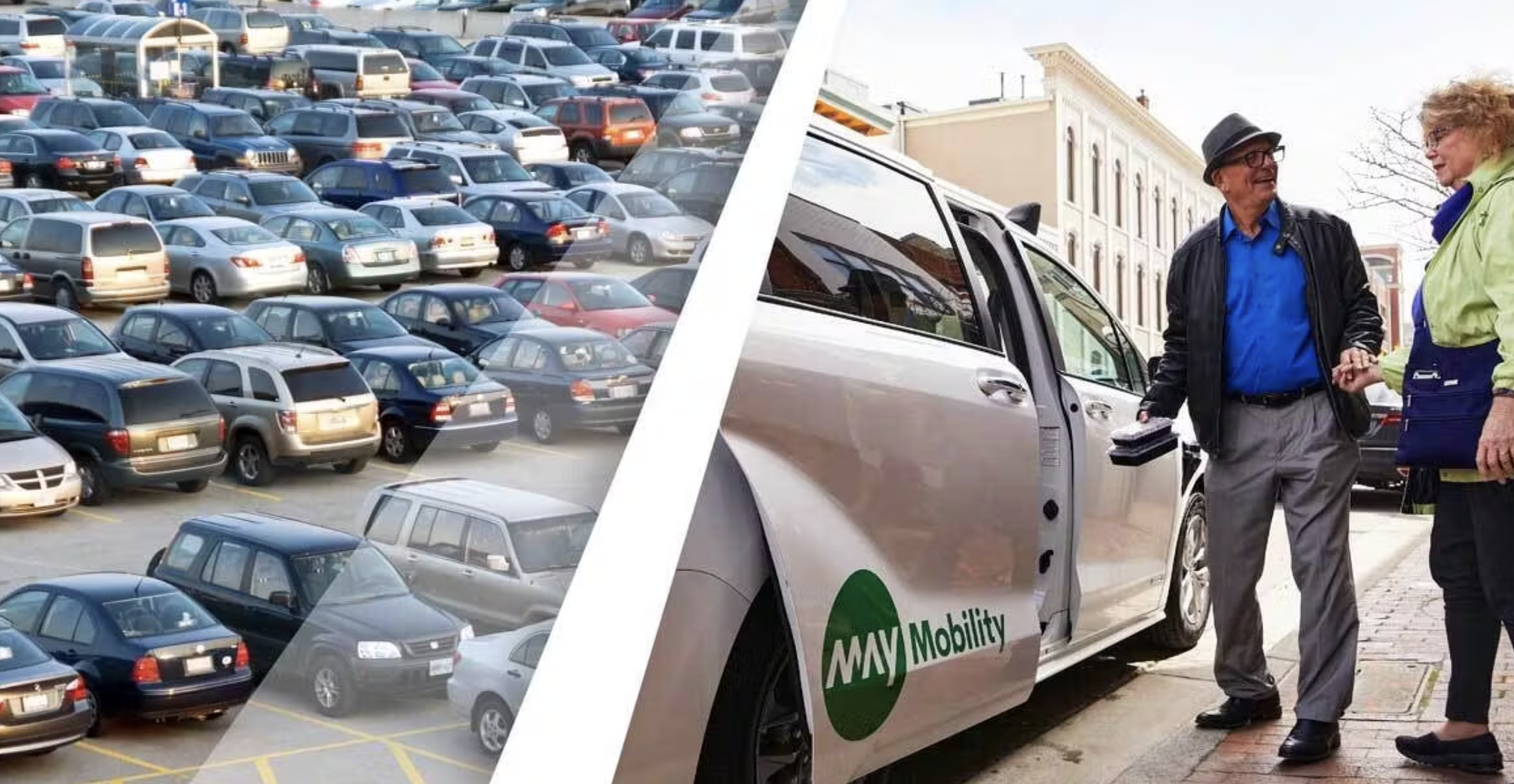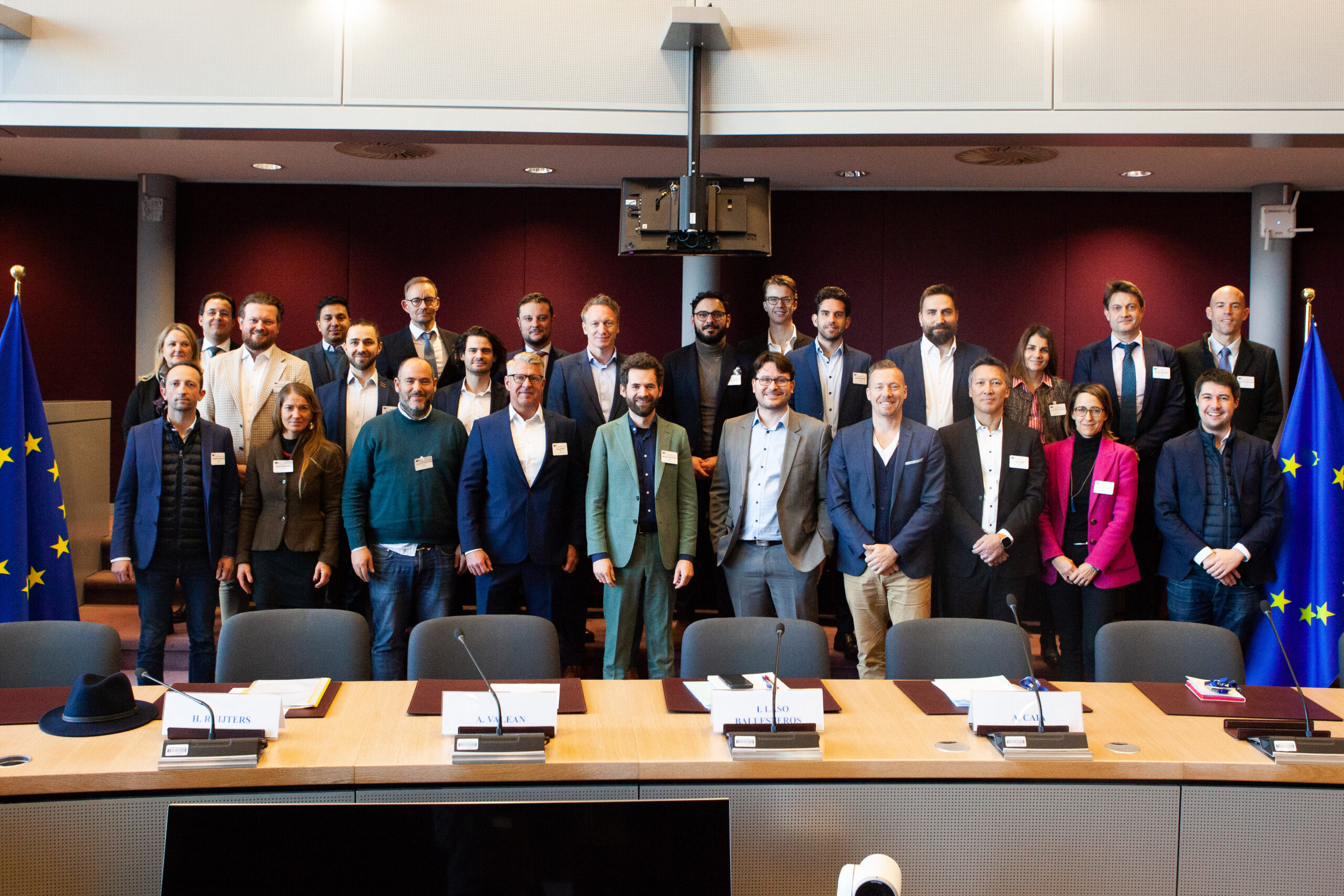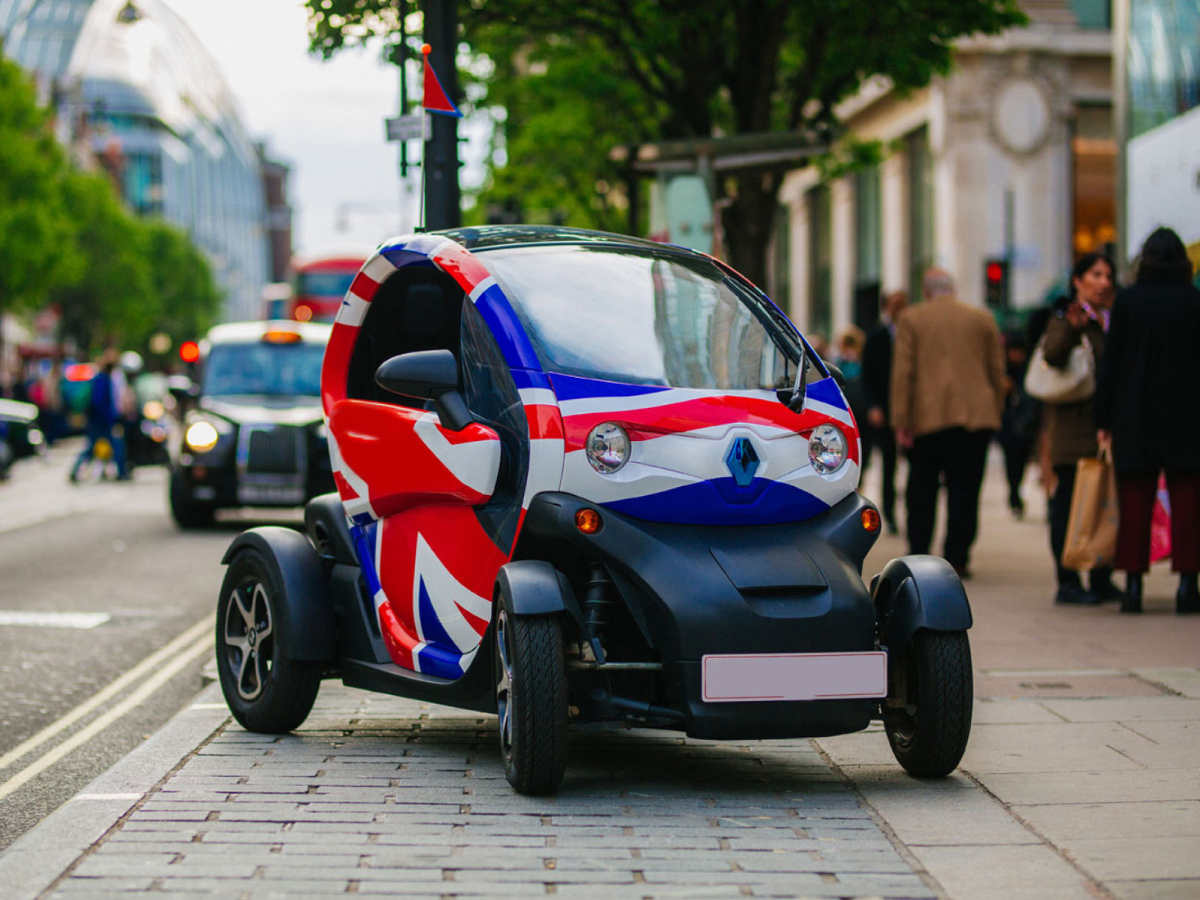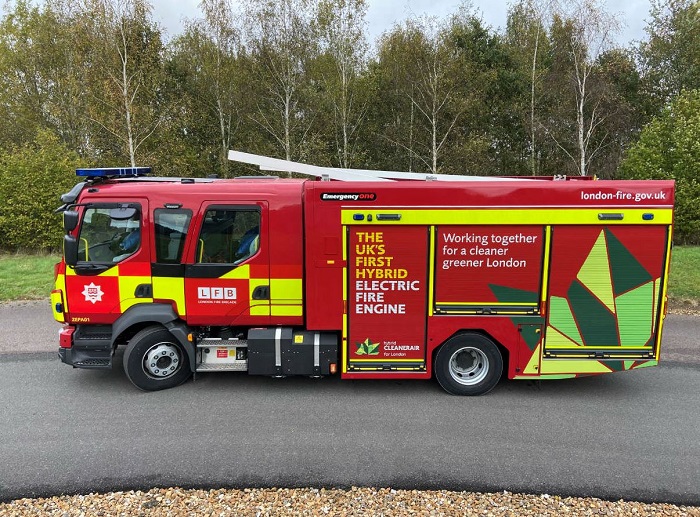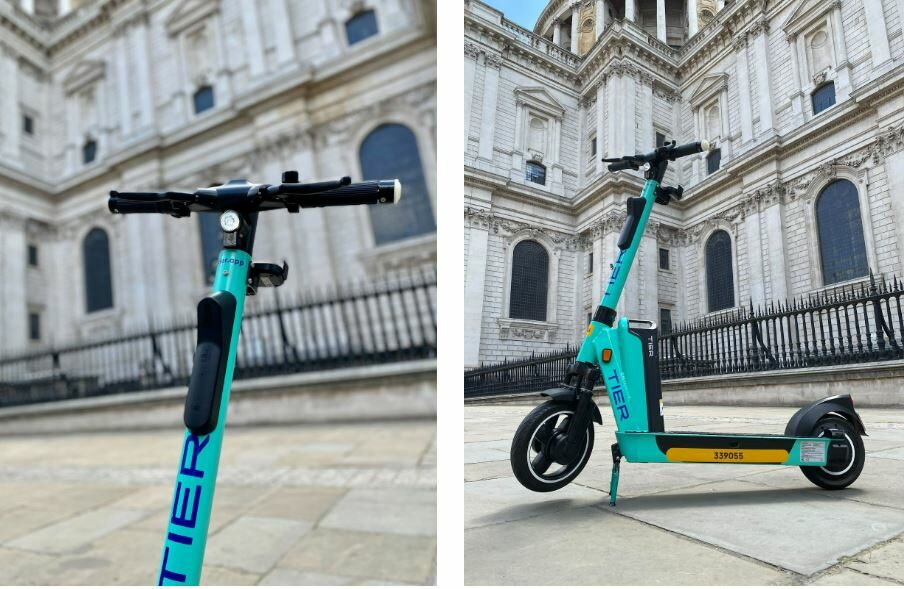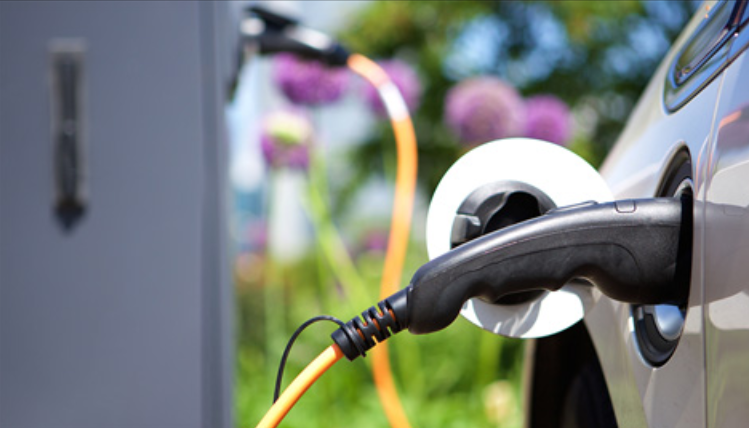In July 2021, the UK Department for Transport published its Transport Decarbonisation Plan to establish its commitment to reducing greenhouse gas emissions. A year on, the government has published an update outlining its current progress.
The report summarises what has been achieved in the last year to reduce transport emissions and establishes the next steps for supporting the decarbonisation of the industry.
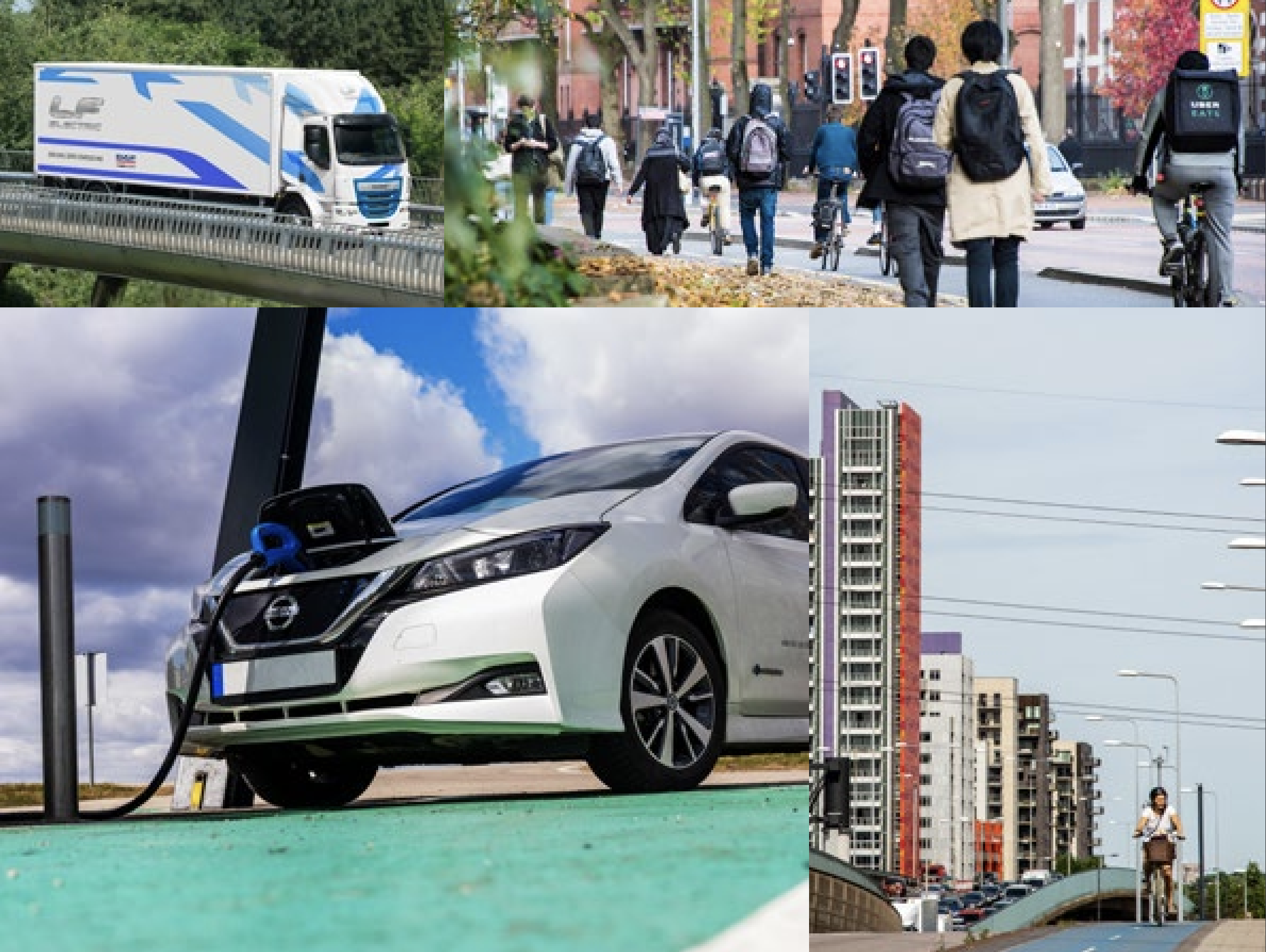
Walking and Cycling
The Department for Transport says it is aiming to make it easier for more people to walk and cycle, rather than using a car for short journeys. To promote this, the government has launched Active Travel England (ATE) to support local authorities in delivering schemes across England. In addition, over 200 million GBP in funding is being provided for new cycling and walking programmes.
The government now intends to establish long-term funding plans for cycling and walking infrastructure, as well as behaviour change programmes up to 2025.
Zero-Emission Buses
Alongside transitioning to zero-emission buses and coaches, the government is working to improve bus services and encourage more people to travel by public transport rather than a private vehicle.
The government has funded almost 2,000 new zero-emission (at the tailpipe) buses to date, including through the Zero Emission Bus Regional Areas (ZEBRA) scheme established in 2021. In addition, funding has also been announced for 31 areas outside London to deliver local bus service improvements.
The government plans to provide a further 200 million GBP in funding for zero emission buses in the next year. An end date will also be set for the sale of new, non-zero emission buses, as well as an expectation for when fleets should be entirely zero emission.
Moreover, the government intends to work with Local Transport Authorities to deliver bus priority lanes, more frequent services and cheaper fares.
Decarbonising Railways
Alike to buses and coaches, encouraging more people to use trains will help reduce emissions from cars. Modal shift alone would already deliver substantial decarbonisation benefits. These can be improved further by electrifying the rail network, thereby removing more polluting diesel services.The government report claims to support this though industry has frequently lamented the lack of a rolling programme of electrification in order to achieve decarbonisation aims.
In this update report, the government noted that the 96 billion GBP Integrated Rail Plan for the North and Midlands included plans to fully electrify the Midland Main Line between London and Sheffield and the Transpennine Main Line between Manchester and York.
The government has also introduced the HS2 Phase 2b Bill, which would secure the powers to construct and maintain the new high-speed railway between Crewe and Manchester to encourage more passengers to choose low-carbon rail travel. It has, however, also axed the eastern leg of HS2 (Phase 2b East) in its Integrated Rail Plan, significantly hampering travellers from choosing rail over more polluting modes such as cars.
In its report the government says it intends to develop a rail decarbonisation programme with the Great British Railways Transition Team (GBRTT).
Transitioning to Zero-Emission Automotive Vehicles
Road vehicles remain the greatest source of greenhouse gas emissions in transport. The government is therefore progressing towards the Zero Emission Vehicle (ZEV) mandate, which will require a percentage of new car and van sales be zero emission from 2024.
To support this transition, the government is working with local authorities to fund EV chargepoints and has changed building regulations to require new buildings to include chargers.
Maritime Decarbonisation
At COP26, the UK government signed the ‘Declaration on Zero Emission Shipping by 2050’. To achieve this ambition, it will now consult on a potential phase out date for the sale of new non-zero emission domestic vessels.
Aviation Decarbonisation
Since publishing the Transport Decarbonisation plan, the UK government has developed a Jet Zero Strategy which will be published this summer to outline an approach for reaching net zero aviation by 2050.
A Zero Emission Flight Delivery Group has also been established within the Jet Zero Council to bring government and industry together. In addition, 15 million GBP has been invested in UK sustainable aviation fuel (SAF) products.
Zero-Emission Freight and Logistics
Over the last year, the UK government has announced end of sales dates for new, non zero-emission HGVs: 2035 for HGVs weighing 26 tonnes and under and 2040 for HGVs heavier than 26 tonnes.
The government has also announced 200 million GBP in funding for the zero-emission road freight trial programme and is continuing to support the use of e-cargo bikes across England to enable clean last-mile deliveries. Only recently online retail giant Amazon announced its first micromobility hub in London to make more deliveries in the capital using e-cargo bikes.
To further promote a sustainable future for the freight industry, the government now plans to develop proposals for a rail freight growth to help shift freight on to more sustainable transport.
Trudy Harrison MP Minister of State for Transport said:Whilst the world has changed over the past year, we remain focused on meeting net zero, as well as ensuring we deliver the wider benefits that come with the transition to zero emission transport. Our plans will also help to reduce reliance on fossil fuels, helping to improve our energy security and resilience. As we said twelve months ago, this is a true challenge of our time. We will continue to rise to it.


